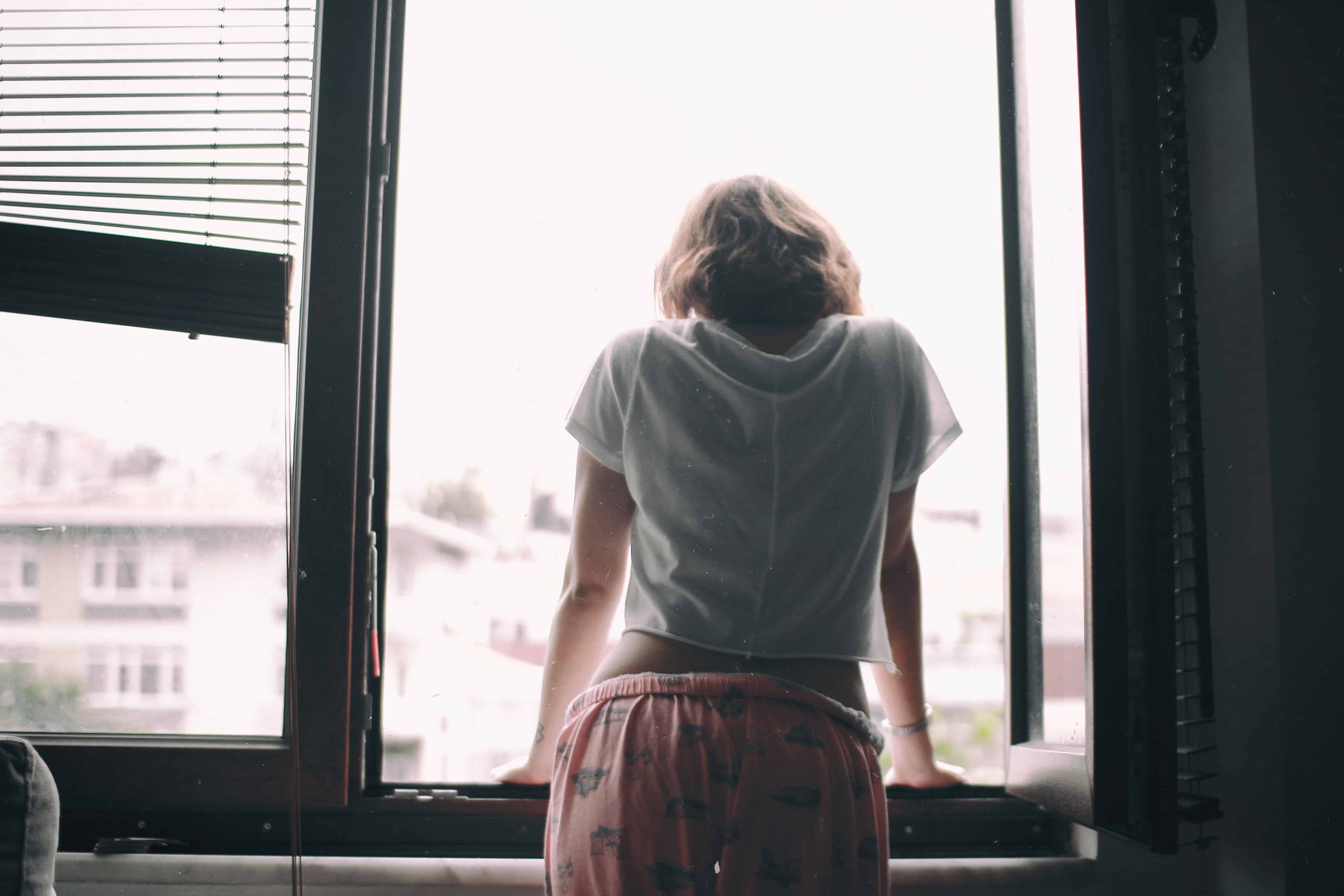During this COVID-19 pandemic, I feel fortunate that I’ve been able to continue helping people with psychotherapy via video and phone. For many with existing mental health issues — like anxiety and depression — coronavirus has amplified symptoms. And for many who were doing okay, suddenly, they’re not.
A common challenge I hear nearly all people talking about is adjusting to life in quarantine. Some of the top struggles I’m hearing are:
“I’m bored”
“My family/partner is driving me crazy”
“I miss my friends”
“I have nowhere to go”
“I’m going stir crazy”
“Every day is just running into the next”
“I have too much time to worry”
“I’m feeling unmotivated to much of anything”
So, I thought it would be helpful to post some suggestions to support your adjustment to quarantine and boost overall mental wellness:
TIP #1: STRUCTURE – Routine and predictability are helpful for humans, especially during uncertain times. Knowing there are some things in the day we can count on or expect, helps to calm down the nervous system. Typical daily life often creates structure for us: work, school, mealtimes, holidays. With things topsy-turvy right now, my recommendation is to create some structure for yourself.
If you don’t know where to begin, I suggest having two anchoring activities a day: one in the morning and one in the afternoon. If you’re doing schoolwork or other type of work during weekdays and your days are pretty full, this may be a good plan for weekends. If it’s hard to think of activities, don’t worry we are going to be making lists of activity options, so you can refer to them for ideas.
Activities
I’ve created five main activity categories to consider: movement, outdoors, play/creativity, productivity, and connection. I’ve chosen these areas because they are key to supporting mental wellness.
Digitally or on paper, create a page for each category and then brainstorm activities for each. I’ll start you off. Of course, some of these suggestions may be inaccessible due to available resources, preferences, health limitations, and government recommendations – so adjust to your own personal situation.
Movement: Research tells us that physical activity has a huge positive impact on mood and well-being. Some examples are: running, exercise video, stretching, dancing, walking and cleaning.
Outdoors: Getting outside in nature can be soothing to the human nervous system. Some ideas could be: walk, hiking, biking, sitting on bench, gardening, putting your toes in grass/sand/water. If you can’t go out, open a window for fresh air and listen to the birds.
Play/Creativity: Tapping into your inner child is a great way to take a break from adult stressors. Consider these suggestions: games, puzzles, art, play an instrument, learn something new, bake, crochet, color, play sports.
Productivity: Getting things done can help you feel accomplished and boost self-esteem. Think small: clean out one drawer, file one pile of papers, wipe down a surface, go through the mail.
Connection: Humans need connection. Hearing the human voice and seeing facial expressions are important for our nervous systems. While social distancing is the right thing to do, it goes against our nature. Time to get creative! Make a list of people you can reach out to: relatives, old friends, new friends, coworkers. Check in, follow up. Opt for platforms like FaceTime and calling versus texting and emailing. Join an online group based on an interest or concern and chat with new people. And don’t forget that pets are great for connection too!
Try it out. And if ends up working for you, you may want to schedule more than two activities a day. I like the idea of using a planner or calendar to write them down. Makes it feel like more of a solid plan. You can do this at the start of the week or the start of every day.
TIP #2: BALANCE – Make sure you are sprinkling a bit of variety throughout your days/weeks. Too much of one thing is usually not ideal. Fill your time with something from each of the above categories to create a good sense of balance – using your brain and body in different ways.
TIP #3: BOUNDARIES – Because we are confined to a limited space, setting boundaries with the people we share it with can be important. That can look like: going into another room, stepping outside, going for a drive, or putting on headphones.
With many working/schooling from home, it’s important to set boundaries between work and play. Or classwork vs. homework. Since you are not leaving the home, this can be achieved with a change of clothes or a change of rooms. Taking a break can help enforce a boundary. Not answering work phone calls or texts after a certain hour is another way to establish a healthy boundary.
Boundaries are also important, right now, around information. It can be easy to get carried away with news and social media. While it is important to be informed about what’s going on related to COVID-19, it’s also crucial not to overwhelm ourselves with too much info. Carefully select your news sources. Decide how you’d like to get your news. Limit how much you are checking the news and when you are choosing to check. For instance, right before bedtime may not be conducive to a restful night’s sleep!
These ideas — structure, balance, and boundaries – are important for keeping mental health on track and managing stress during this temporary situation. I hope you find some of these suggestions helpful. Maybe they’ll lead you to come up with awesome ideas yourself!
On an ending note, with all this uncertainty, anxiety can get the best of us. If you start to feel overwhelmed with all the what-ifs and what-nexts, remember to come back to the present moment. Right here, right now. And if you still find yourself struggling, know that therapy can help!

